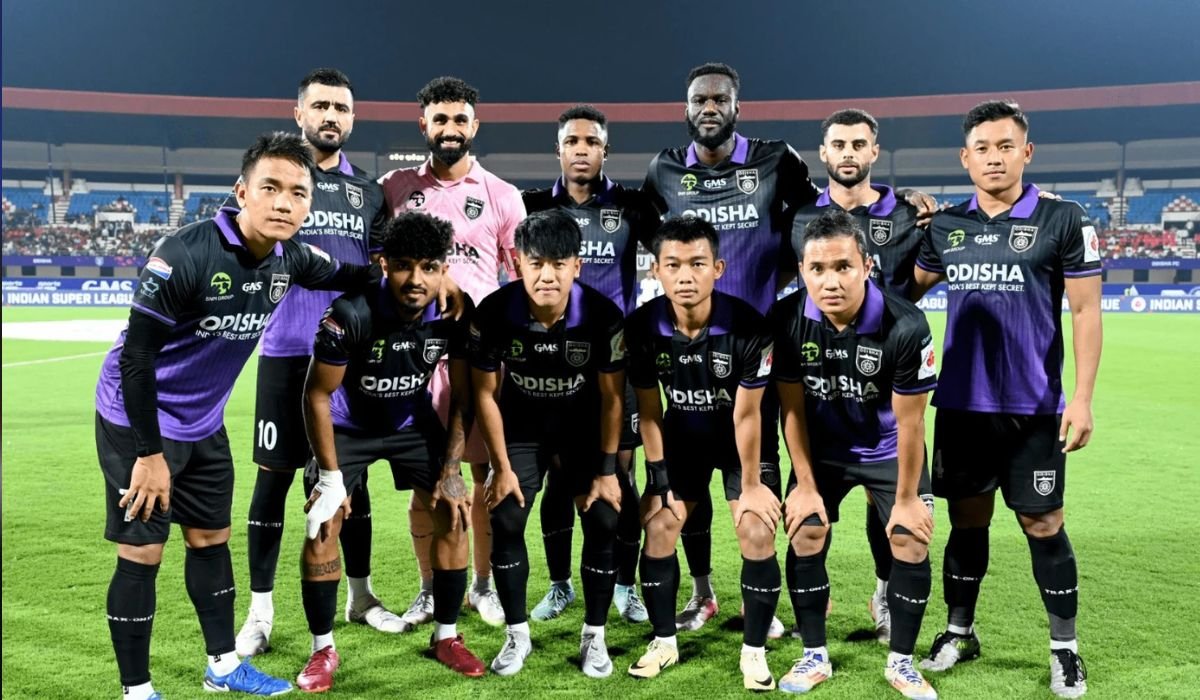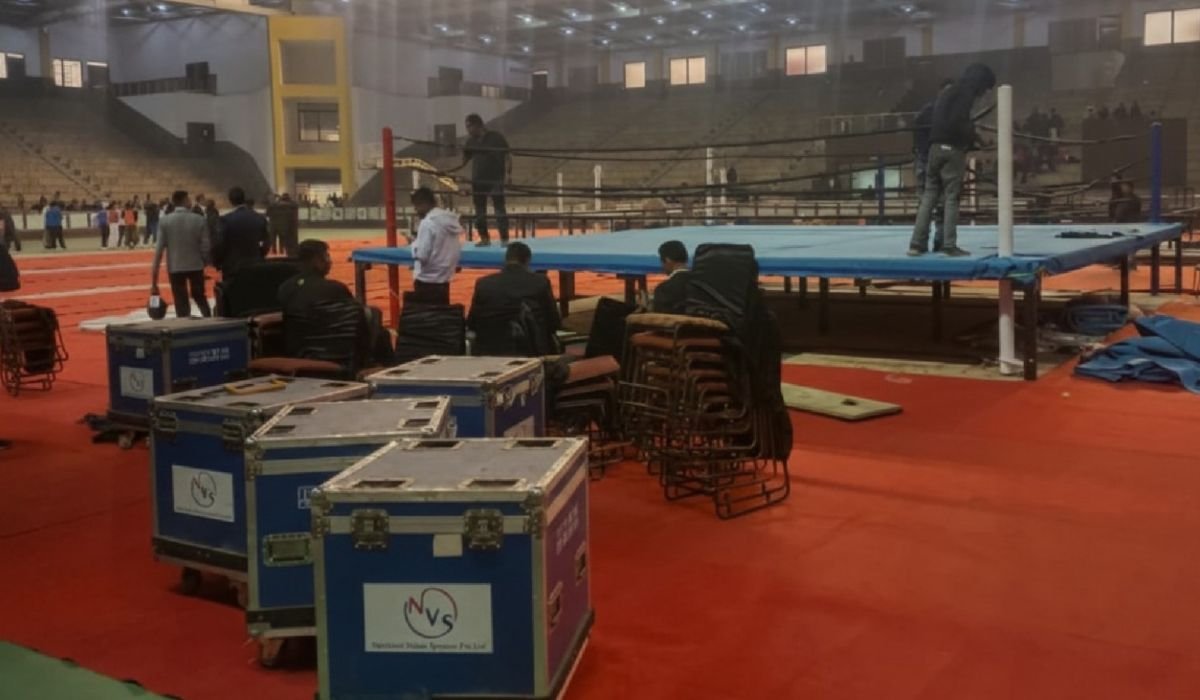India’s Central Industrial Security Force (CISF) has launched its first specialised training course for private security personnel deployed at ports, in a move aimed at creating a “hybrid” port security model and strengthening compliance with international maritime codes.
The pilot programme, rolled out simultaneously at Jawaharlal Nehru Port Authority (JNPA) near Mumbai and Chennai Port Authority (ChPA), will equip private guards with skills in threat identification, port operations and emergency response, CISF said on Tuesday.
While CISF secures all 13 major ports, smaller and intermediate ports across the country rely heavily on private security agencies to protect cargo zones, warehouses and access gates. India has nearly 200 ports, of which about 65–68 are active in cargo operations.
“By providing focused training tailored to the complex environment of ports, we are empowering security personnel to perform their duties with confidence and professionalism, ultimately safeguarding critical infrastructure and trade,” said S.R. Saravanan, Inspector General of CISF (South Sector).
The two-week “Port Facility Security Course,” designed with inputs from the Directorate General of Shipping, Customs and other stakeholders, will also cover the use of technical security equipment and standards under the International Ship and Port Facility Security (ISPS) Code.
So far, 40 private security personnel from JNPA, Deendayal Port in Kandla and Mumbai Port have enrolled at the JNPA training centre, while 26 participants from New Mangalore, Ennore, Chennai and Tuticorin ports joined at the ChPA centre.
CISF plans to expand the programme to other ports in the coming months. The training comes at a time when Indian ports had earlier this year elevated security to MARSEC Level 2, requiring stricter checks amid heightened geopolitical tensions.
“The introduction of this course marks a critical advancement in port security management,” said Sunil Paliwal, Chairperson of Chennai Port Authority.



































